Now, this is by no means an “insert method of fixing everything” sort of article. I am not an expert in, well, anything. But that does not mean that we can’t write up an opinion piece to give some people a new frame of perspective, right? So, methods to overcoming writer’s block as a result of the world around you.
Read MoreElizabeth Suggs and Jonathan Reddoch will be performing LIVE tonight (December 17) on The Mugg Podcast.
The Mugg is a monthly virtual open mic, featuring poets, writers, and songwriters. Get your free ticket and more information here
Read MoreBoy, the times are interesting, to say the least, and here I am trying to keep track of myself and everything else around me while I funnel all of my ideas into the back of my head for later use. That being said, this time has been riddled with thoughts. Today I wanted to share a thought that struck me recently. Today, let's discuss:
Read MoreEvery author has a “voice,” but the question is, do you have the right voice for your audience? You should have a voice that won’t sound too repetitive or academic. It is a voice that readers can connect with, and not just any readers, but your specific audience of readers because, yes, different types of writing require different approaches to that “voice.” Like branding or any other product, your goal is to have a unique appeal that keeps readers coming.
Read MoreEditing Mee is looking for original stories from new and seasoned writers to submit to our first fantasy anthology (book of collected short stories). We are looking for works between 2,000 - 5,000 words about characters who work in illegal or unsavory positions.
This will be historical fantasy.
Read MoreYou may be asking yourself why you need a marketing plan since you’re a writer, not a marketer, but that’s where I say you’re wrong. Being a writer, you want to sell books. To sell books, you have to market yourself. No matter what type of author you are or become, whether you’re traditionally or nontraditionally published, being an author means you’re creating a brand, and essentially starting a “business.”
Read MoreDo you know the purpose of your story? The purpose is the reasoning behind you writing it, and me reading it. There needs to be something that pushes the readers and you forward, but what is it? What kind of story do you want to end up with? It’s essential to answer these questions if you want a successful book. Below, I’ve listed five tips on how you can create purpose for your story.
Read MoreSo, you want to craft a scene? When done right, a scene can enhance your story and your characters. Scenes help the reader understand the complexity of your world, helping your fans feel the depth of your story.
Read MoreMechanics of Subplots
Subplotting is tricky, I know, I’ve been there before. The real trouble comes from knowing when and how to use these side stories in a way that enhances your main plotline. Many times when we see these examples, they fall into two paths. Either they play an integral role in the main story, or they are a separate story altogether. But no matter what happens, we have to take into account how these promises coexist and interact with each other.
Read MoreIn an interview, I share a bunch of writing tips that could help improve your writing. Watch the video to learn more
Read MoreLet’s look at it like this. Plotting is how you get to choose the fundamental thoughts that are going to be running through your readers’ heads. These are the promises made by you, the author, that you intend to hold to convey your story properly.
Read MoreSetting goals that don’t align with your true nature is detrimental to your happiness, and even your health. So, let’s start creating YOUR life map by first discovering your most desired destination.
Read MoreI hope you have your New Year's resolutions ready for 2020 because things are going to heat up! Editing Mee is rolling out some exclusive content here in the new year. Stay tuned for what's to come.
Read MoreFairytales are among the oldest of folk stories, and many survive into the modern-day (think Disney). Most fairytales have some element of fantastical in them, dragons, dwarves, goblins, the usual entities for most folklore. They take short story form and are mostly of European origin. While initial tellings of these stories targeted adults as well as children, modern-day works are focused primarily on children and children’s literature.
Read More














